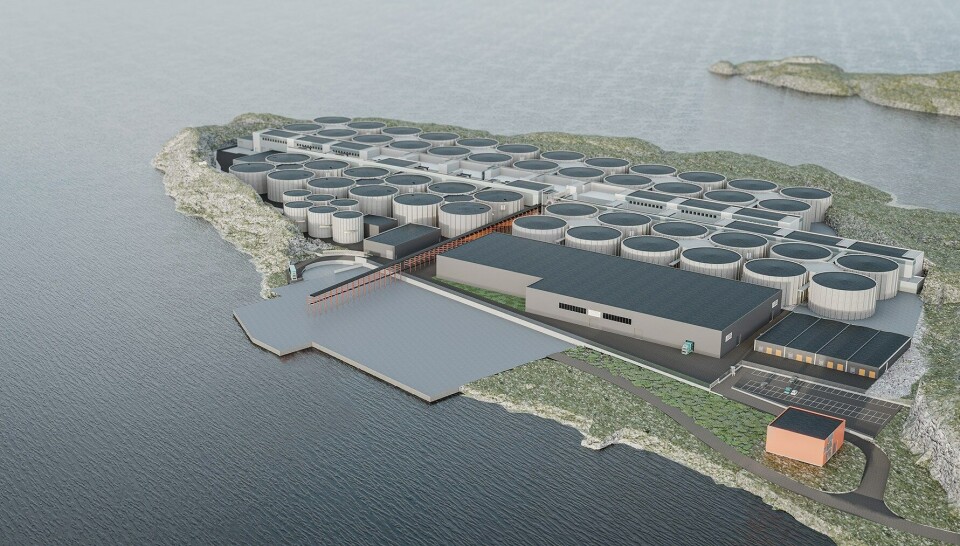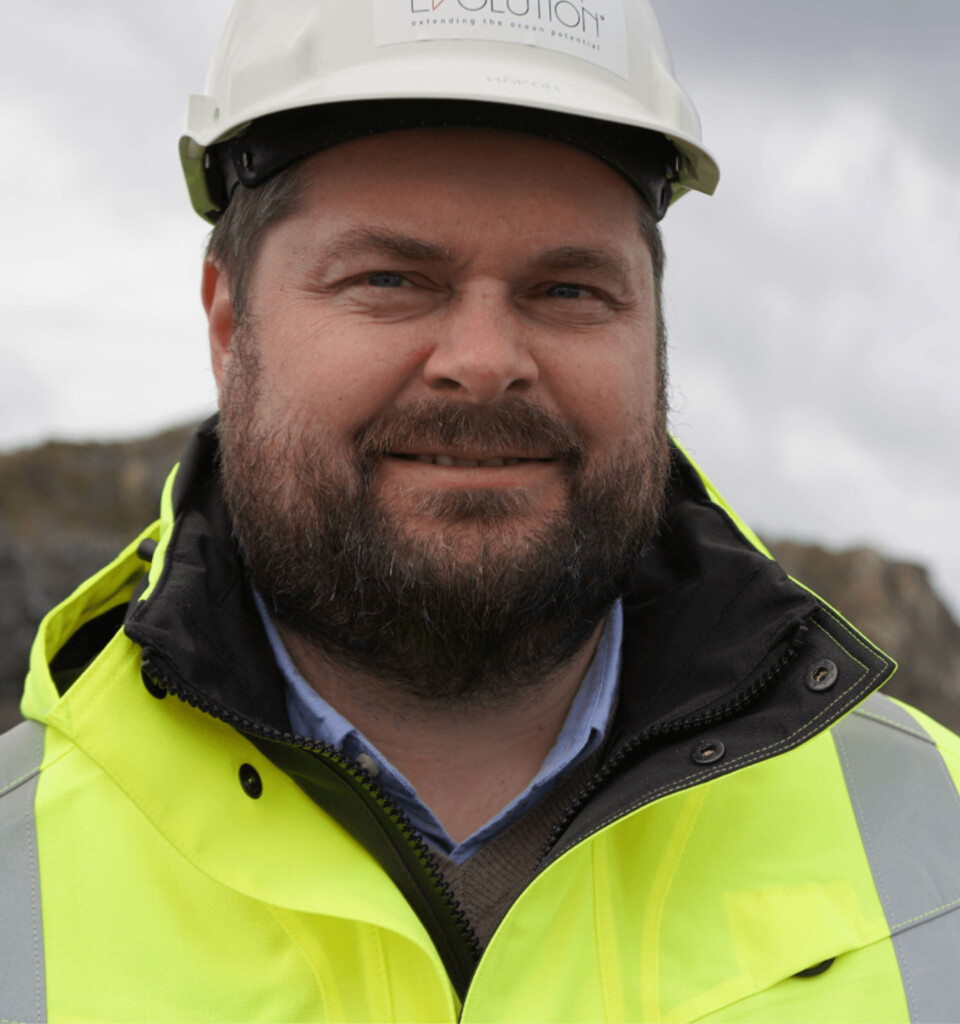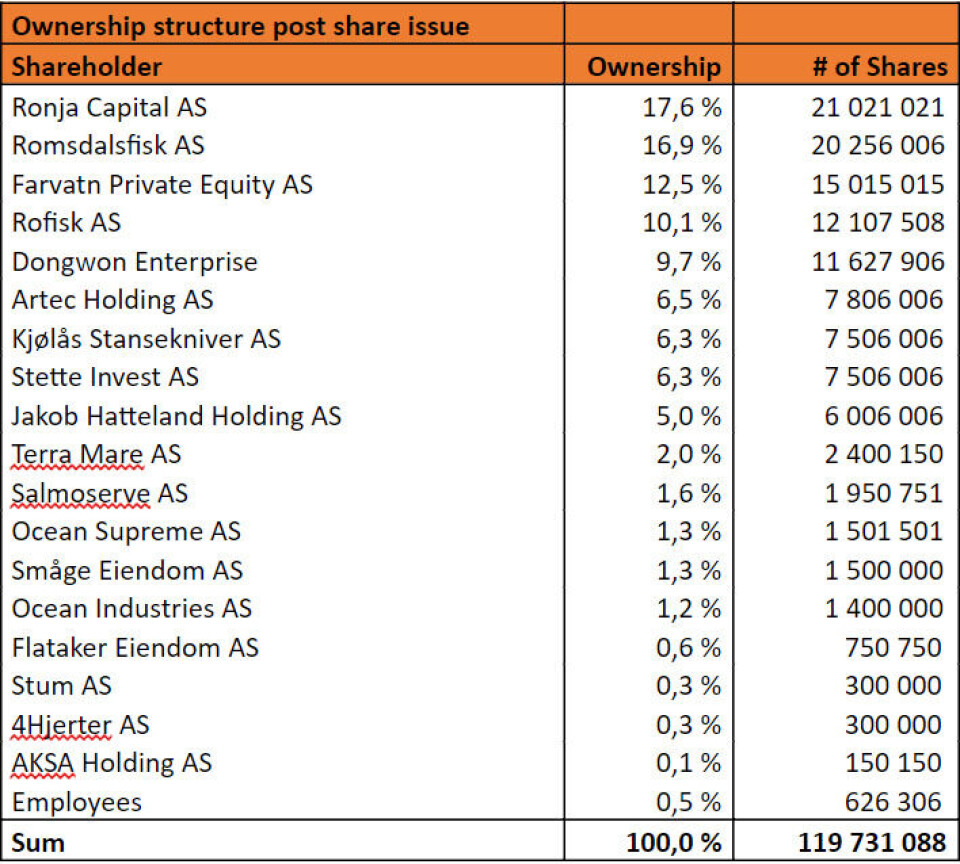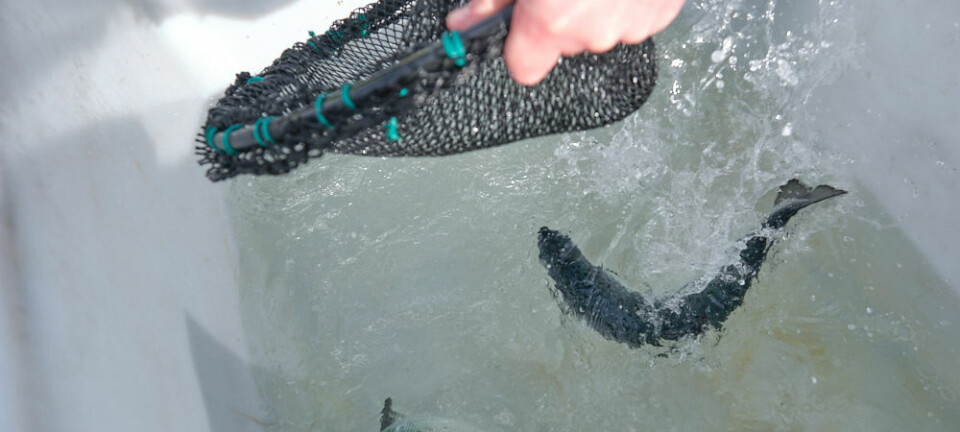
Korean seafood giant invests £4.3m in Norwegian on-land salmon farm
Norwegian on-land salmon farm developer Salmon Evolution has entered into an investment agreement with Dongwon Industries, one of the world's leading seafood companies based in South Korea, where Dongwon will invest NOK 50 million (£4.3m) for a minority stake in Salmon Evolution.
According to the agreement, the two players plan to enter into a partnership to build a land-based fish farm in South Korea by utilising Salmon Evolution’s mix of flow-through and recirculatin aquaculture system technology. They will also jointly consider future opportunities to scale similar projects in other Asian markets as well as the North American market.
“This is a very exciting opportunity for us. Cooperation with a global player such as Dongwon Industries will give us good commercial opportunities, in addition to solid industrial support to scale our concept in new markets,” said Salmon Evolution chief executive Håkon André Berg.

Best investment choice
The dialogue with Dongwon has been going on for some time, and it soon became clear that the company intended to invest in Salmon Evolution.
“Complications related to Covid 19 have, however, delayed the process, and it is therefore extra gratifying that we have now got an agreement in place,” said Berg.
Dongwon chief financial officer Kiyun Yun said: “After considering a number of projects for land-based farming, we decided that Salmon Evolution represents the best investment and partnership opportunities in the sector.
“We believe that Salmon Evolution's technology best recreates the natural conditions in the sea, while avoiding the many challenges that conventional farming in the sea faces.”
65% RAS, 35% flow-through
Salmon Evolution began construction in May of a land-based fish farm on Indre Harøy in Hustadvika municipality, Norway.
The plant will be based on 65% recycling and 35% supply of filtered and temperate seawater, which will contribute to optimal operation and reduce the risk significantly compared with other types of land-based plants with almost full water recycling, said Salmon Evolution.
Upon completion, the fish farm on Indre Harøy will have an annual production capacity of around 36,000 tonnes of Atlantic salmon.

Market access
“An investment from a major global seafood player sends a strong signal to the industry in this early phase,” said Salmon Evolution chair Tore A Tønseth.
“Our existing owners have broad experience from the entire value chain for conventional aquaculture and high competence in the various technology concepts for land-based farming. That Dongwon not only invests in us, but also plans to enter into a partnership with the company, is a good indication of our potential.”
In addition to the value potential that lies in the construction of similar land-based facilities in other parts of the world, Tønseth highlighted significant opportunities that may lie in a partnership within sales and distribution.
“This takes us a long step further in the work we must put in to ensure scaling and market access in a world market where quality and sustainability are becoming increasingly important. Dongwon will also be a very good and important partner in our future distribution network,” he said.























































